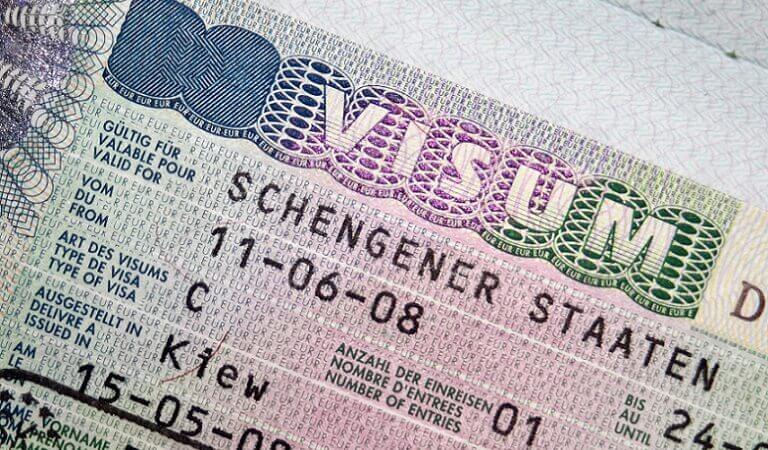Data published by SchengenVisaInfo.com in August found that nationals from Qatar, Kuwaiti and Kosovo filed the most visa applications per capita in 2022 to Europe.
The European Union approved the digitisation of the Schengen visa process on Monday, a move that could save applicants the need to hand in required documents in-person.
The EU Council adopted two regulations that include the establishment of an EU visa application platform and instead replacing the passport visa sticker with a “cryptographically signed barcode.”
The bloc’s statement on the decision added that the “in-person appearance will only be necessary for first-time applicants” and those “whose biometric data are no longer valid and people with a new travel document.”
“The possibility of applying for a Schengen visa online will be a great improvement for citizens and for the processing of the application. It will simplify the application process for travellers and, at the same time, will ease the burden on national administrations,” Fernando Grande-Marlaska Gomez, acting Spanish minister for the interior, said.
The official implementation of the new e-process is expected to come into force 30 days after all EU members sign the new regulations in order for it to be published in the Official Journal of the EU.
“The date of application of the new rules will be decided when technical work on the visa platform and the digital visa has been concluded,” the EU noted.
The new process is set to benefit visitors seeking to visit any of the 27 countries within the Schengen zone—especially visitors from Qatar who are among the top three applicants per capita.
Data published by SchengenVisaInfo.com in August found that nationals from Qatar, Kuwaiti and Kosovo filed the most visa applications per capita in 2022 to Europe.
In Qatar, the number of applicants per capita stood at 2,939 people per 100,000 of the population.
Meanwhile last year, the European Commission submitted a proposal that would grant entry for Qatari and Kuwaiti nationals for up to 90 days. The move would see Qatar and Kuwait join the United Arab Emirates, which was added to the visa-free regime in 2014.
The decision is expected to be applicable to all EU member states except for Ireland. Other Schengen associated countries that are not subject to the visa waiver include Iceland, Liechtenstein, Norway and Switzerland.
In June last year, the Council of the European Union said the move to negotiate such a mandate was approved by the Permanent Representatives Committee (Coreper), SchengenVisaInfo.com said at the time.
However, the last update on Qatari citizens’ exemption for Schengen visa came on 2 December, when the European Parliament’s Committee on Civil Liberties, Justice, and Home Affairs (LIBE) approved the proposal.







